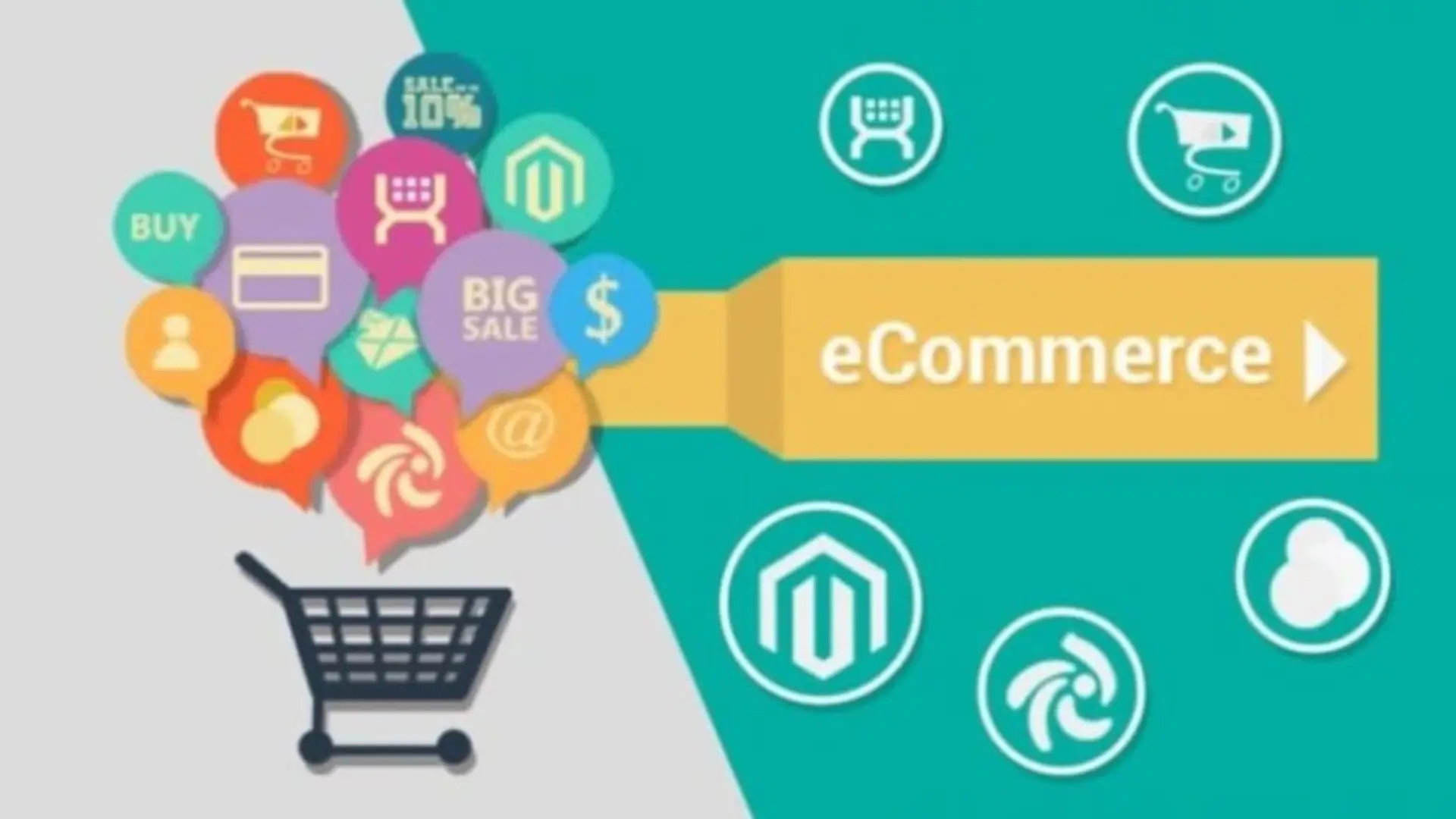Pakistan Eyes $20 Billion E-Commerce Boom with New Policy 2.0 Nearing Approval. Pakistan is poised to approve its next-generation e-commerce strategy: the E-Commerce Policy 2.0, aimed at expanding the country’s online trade to USD 20 billion by 2030. This major initiative intends to strengthen digital commerce, enhance consumer protection and establish transparent e-commerce standards across the nation.
New Era for Digital Trade
The upcoming policy comes following a high-level meeting between Jam Kamal Khan, the Federal Minister for Commerce, and a delegation from Meta Platforms. During their discussion, both sides explored cooperation in digital trade, artificial intelligence (AI), and the expansion of e-commerce in Pakistan.
Minister Khan emphasised that Pakistan is among South Asia’s fastest-growing digital economies, producing over 75,000 IT graduates every year. He pointed out that IT and IT-enabled services exports have grown by 18 %, reaching USD 3.8 billion, while the first quarter of the current fiscal year logged a 21 % surge, with exports tallying USD 1.06 billion.
Meta’s Director for Emerging Markets, Rafael Frankel, commended Pakistan’s digital advancements and pledged continued support—particularly in digital training for entrepreneurs and SMEs. Both parties agreed to deepen collaboration to drive innovation, build a secure online environment and foster economic empowerment through technology.
What the E-Commerce Policy 2.0 Covers
The draft of the policy (2025-30) outlines six key strategic shifts: expanding market access, empowering people (especially youth and SMEs), enabling trust (consumer protections, dispute resolution), improving infrastructure (payments, logistics), strengthening governance and aligning with global best-practice standards.
Among the major reforms:
- A more robust regulatory environment to support digital marketplaces.
- Consumer protection enhancement and clearer dispute-resolution mechanisms for online buyers.
- Incentives for youth, SMEs and women-led digital ventures to participate in e-commerce-led growth.
- Strengthening logistics, cross-border trade frameworks and digital payment infrastructure to support the scale-up.
Why This Matters for Pakistan
- Youth and Human Capital: With a large share of the population under 30 years old, Pakistan stands to benefit from digital-first opportunities.
- Export Growth & Diversification: The expansion of e-commerce offers a path beyond traditional goods exports, allowing Pakistan to scale IT/ digital services and product offerings.
- Economic Inclusion: By empowering SMEs and reducing barriers to online business, the policy seeks to spread economic opportunity beyond major cities and established firms.
- Global Competitiveness: In a world where cross-border e-commerce, digital trade and AI are increasingly important, Pakistan’s alignment with such trends strengthens its positioning regionally and globally.
Key Challenges to Address
While momentum is positive, some risks remain:
- The taxation and regulatory environment still faces ambiguity. Recent tax changes for e-commerce and digital services have drawn concern.
- Logistics and digital payment ecosystems need further investment and modernization to fully enable scalable, reliable online trade.
- Consumer trust must be built and maintained—especially given the historically high levels of cash-on-delivery and informal transactions in online commerce.
- Implementation and enforcement of policy provisions are critical; a robust regulatory and legal backbone will determine the success of the vision.
Implications for Stakeholders
- SMEs & Entrepreneurs: Expect additional incentives and improved access to online tools, export channels and digital training.
- Consumers: Better protections, clearer standards and more reliable digital marketplaces should enhance buying confidence.
- Investors & Tech Firms: The policy signals readiness of Pakistan’s digital economy for growth—making it more attractive for partnerships and investment.
- Government & Regulators: They must now operationalise the policy framework, streamline taxes, improve infrastructure and monitor compliance.
Quick Snapshot Table
| Item | Details |
|---|---|
| Target Online Trade Value | USD 20 billion by 2030 |
| Draft Policy Period | 2025-2030 |
| Key Focus Areas | Market access, youth & SME empowerment, trust & regulation, infrastructure, governance |
| Current Export Snapshot | IT and IT-enabled services exports USD 3.8 billion, first quarter USD 1.06 billion |
| Upcoming Tax/Regulatory Changes | New taxes on digital services; 18% sales tax on e-commerce transactions flagged |
Frequently Asked Questions (FAQs)
Q1: What is the purpose of the E-Commerce Policy 2.0?
The aim is to create a modern, scalable and inclusive e-commerce ecosystem in Pakistan that supports businesses (especially SMEs), protects consumers, strengthens digital infrastructure and enables export growth — all built to reach USD 20 billion in online trade by 2030.
Q2: Who stands to benefit?
SMEs, youth entrepreneurs, digital/trade platforms, tech firms, and consumers all benefit. SMEs gain access to e-commerce support; consumers gain better protections; investors have a clearer growth environment.
Q3: What are the main reforms?
Key reforms include regulatory harmonisation for online marketplaces, consumer dispute frameworks, digital payments/logistics infrastructure, targeted youth/SME capacity building, and alignment with global e-commerce standards.
Conclusion
Pakistan’s journey towards a USD 20 billion e-commerce economy reflects not just ambition, but a strategic response to the global digital shift. With the upcoming E‑Commerce Policy 2.0, the country aims to harness its youthful population, growing IT exports and online business momentum to build a thriving digital trade ecosystem.
However, the success of this vision hinges on effective implementation: from tax and regulatory clarity, to trust in online transactions, to world-class infrastructure and logistics. If carefully executed, Pakistan stands to become a leading e-commerce hub in the region, empowering businesses, enhancing consumer experience and unlocking a new chapter of economic growth.














